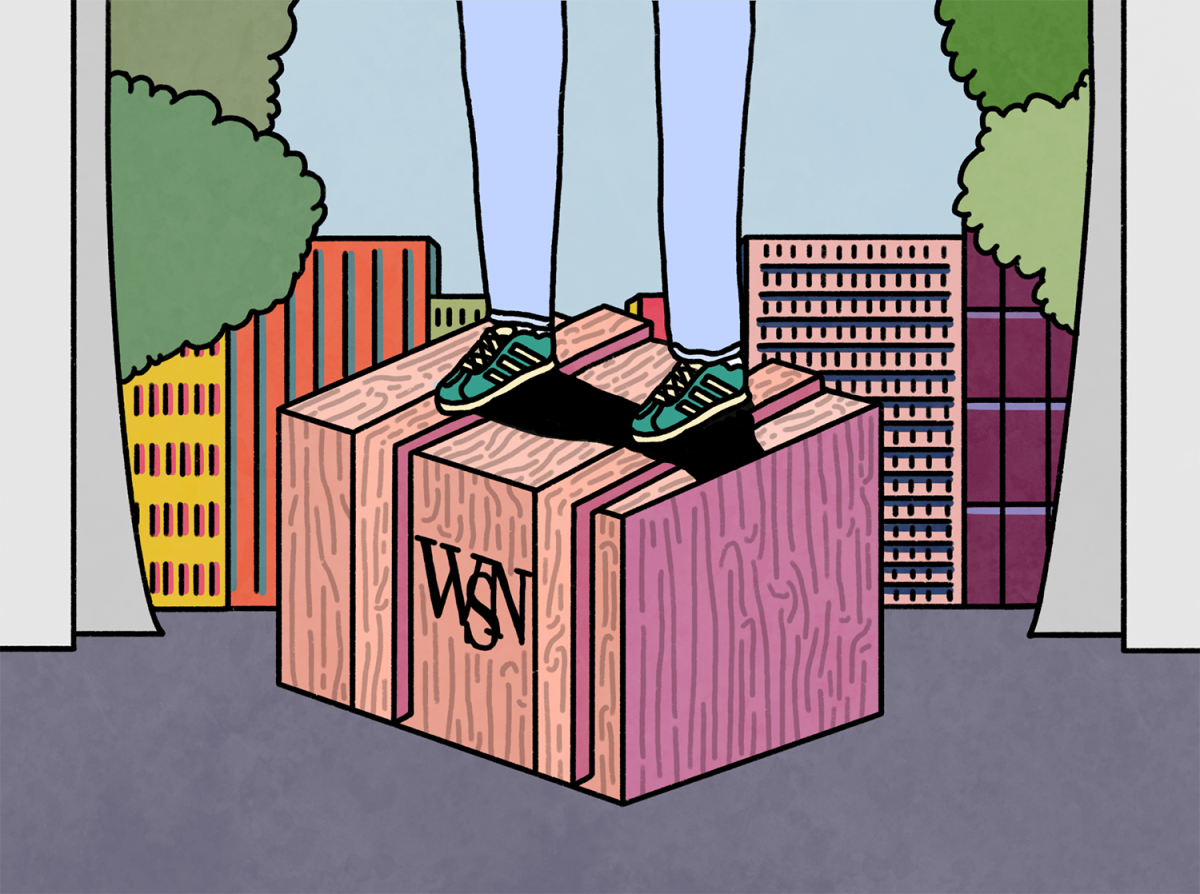In Ghana, president signs gender equity bill
Ghanaian president Nana Akufo-Addo signed the country’s long-anticipated gender equity bill into law on Thursday, with women across the country demanding its immediate implementation.
The Affirmative Action Gender Equality Act aims to increase female participation in governance, security, commerce and other areas of public life by a minimum of 30% by 2030. Ghana joins a number of other African countries — including Burundi, Mozambique, Rwanda and Uganda — in codifying working affirmative action laws.
Since the bill was first introduced to parliament in 1998, the country’s top political parties have promised to adopt it at campaigns. However, all failed to see the legislation through until it passed unanimously in July.
Ghana is currently ranked 119th out of 146 countries for female political empowerment — a placement the gender equity act aims to improve by mandating that trade unions balance gender representation on their executive boards. In the private sector, the government will offer tax incentives for businesses who achieve the affirmative action quota.
While celebrating the milestone legislation, female lawmakers hope that enforcement of the act will prove swifter than its yearslong approval process.
“What are the biting powers to actively implement this law?” Dinah Adiko, former gender ministry employee, said to BBC News. “Those are some of the reservations. But for the moment, we are excited to see this come to light.”
In occupied Palestine, Israeli government shuts down Al Jazeera bureau
On Sunday, Israeli military forces raided Al Jazeera’s Ramallah office in the occupied West Bank. The Qatari broadcasting company’s bureau chief was ordered to shut down operations for 45 days.
During the raid, which was broadcast live on Al Jazeera’s site, reporters were told to leave with only their personal belongings. According to the broadcaster, an Israeli soldier cited an order from the country’s prime minister Benjamin Netanyahu in May calling on Al Jazeera to shut down its local operations as reason for the closure, but provided no further explanation. Israeli communications minister Shlomo Karhi released a statement confirming the closure, naming Al Jazeera as the “mouthpiece” of Hamas and the Lebanese militant group Hezbollah.
Al Jazeera quickly denounced Israel’s move to close the office, saying it would take legal action to preserve its right to fair journalism and continue its coverage of the war in Gaza.
“Al Jazeera rejects the draconian actions, and the unfounded allegations presented by Israeli authorities to justify these illegal raids,” the broadcaster said in a statement.
The bureau’s closure comes months after Israel shut down Al Jazeera’s offices in Nazareth and East Jerusalem, both of which fall within Israel’s borders as defined by the Oslo Accords. The recent step to close the Ramallah office shows Israel extending beyond its borders into Palestinian-controlled territory.
The closure of Al Jazeera’s office in the West Bank is the latest in a string of attacks against journalism since Israel’s current siege on the Gaza Strip began last year. As of Wednesday, the Committee to Protect Journalists has recorded that one 116 journalists were killed, the deadliest period since CPJ began recording data in 1992.
“Every time a journalist is killed, injured, arrested, or forced to go to exile, we lose fragments of the truth,” CPJ program director Carlos Martinez said. “Those responsible for these casualties face dual trials: one under international law and another before history’s unforgiving gaze.”
In France, President Macron selects right-wing cabinet
French president Emmanuel Macron named his new government Saturday in an expansive shift to the right. The decision comes amid several left-wing victories in parliamentary elections earlier this year.
A snap election three months ago delivered France its first hung parliament in the country’s modern history. After the far-right National Rally party finished ahead in the first round of elections, center and left-wing organizers moved frantically to prevent the party from winning a legislative majority. The second round of voting swung in the left wing’s favor, but no bloc was able to win a majority. As a result, legislators must build coalitions across party lines, which will result in greater gridlock in parliament.
Macron’s choice for prime minister, conservative Michel Barnier, garnered experience navigating sectarian gridlock as the European Union’s former chief Brexit negotiator. The president has chosen a similarly conservative cabinet, making 10 Republican appointments — including Bruno Retailleau as interior minister, the post responsible for overseeing immigration.
The new cabinet will aim to draw on support from Macron’s allies in parliament, as well as centrist and conservative parties. The appointments have already drawn criticism from the left and right alike, and will likely face a no-confidence vote from the left-wing bloc.
Jean-Luc Mélenchon, a former left-wing legislator, described the cabinet as a “government of the general election losers,” which the French people should have the chance to overturn “at the first available opportunity.”
Contact Anna Baird-Hassell at [email protected].























































































































































